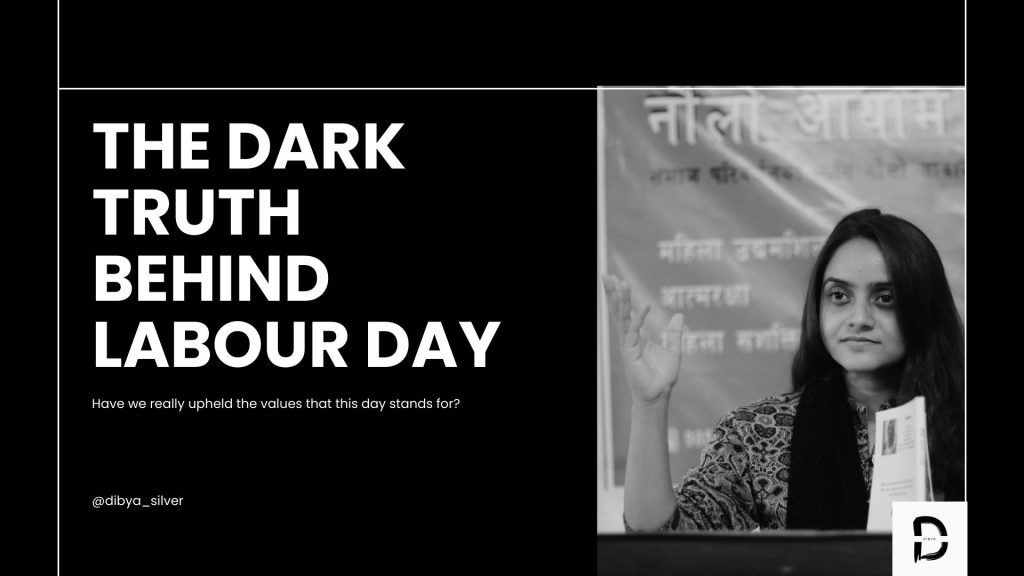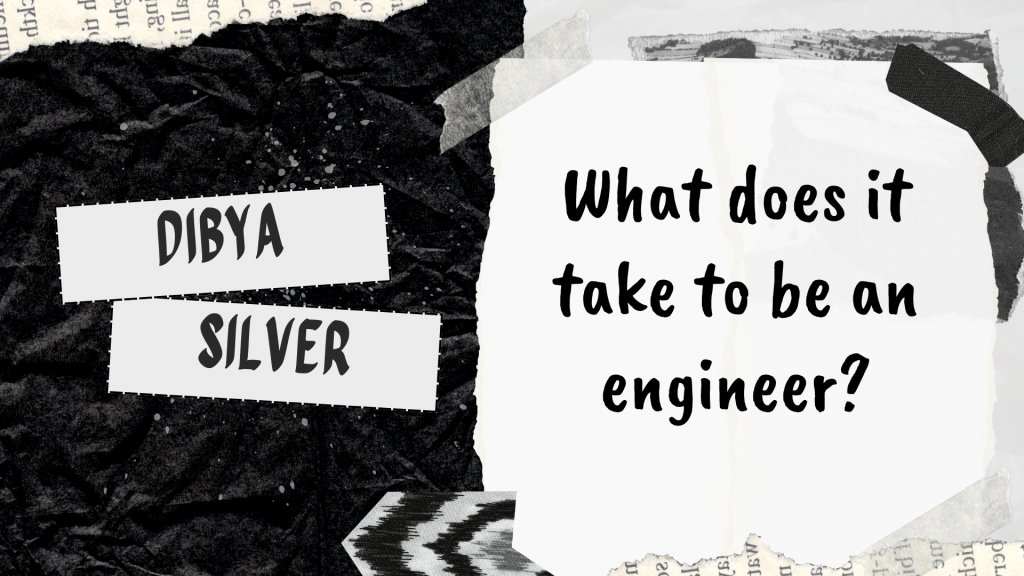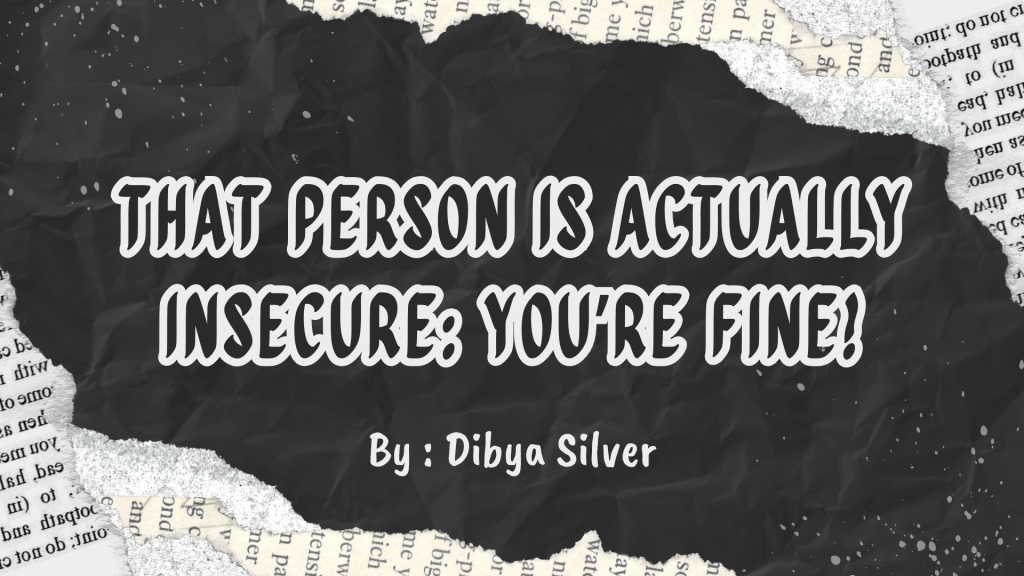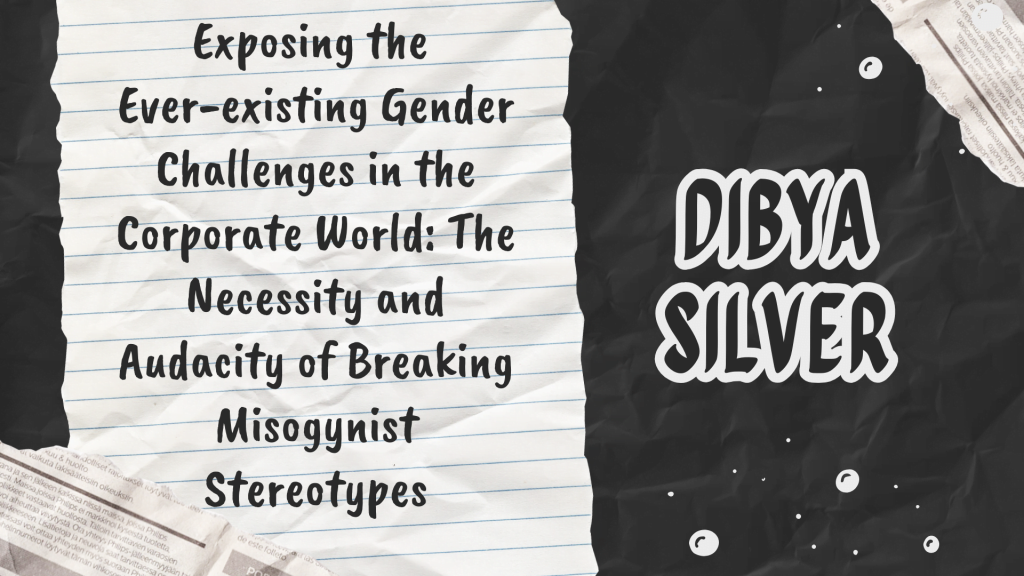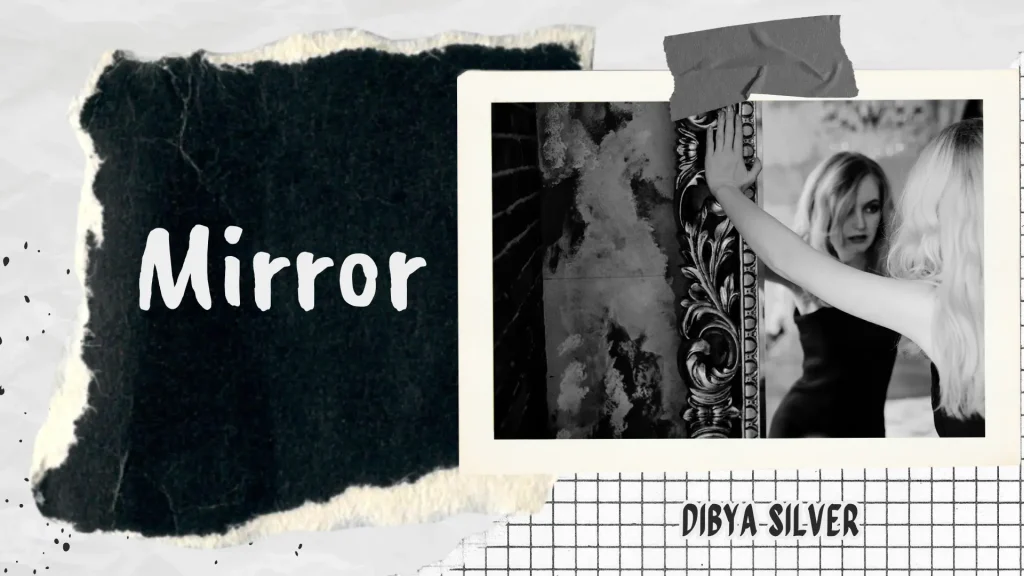Labour Day is a moment to pause, reflect, and honour the efforts of those who keep the world moving. But what if I told you it’s become more of a formality than a true recognition of workers’ rights? The truth is, the spirit of Labour Day is slowly being buried under corporate smiles, digital timecards, and a growing culture of modern-day slavery masked as “opportunities.” Let’s question ourselves as sensible people today. Have we really upheld the values that this day stands for? Or have we let its meaning slip into the background, overshadowed by modern work culture and systemic issues?
Labour Day is not just about a 1 day off from work. Born in the 19th century from a struggle for fair treatment, it came out of the fight for the eight-hour workday. Those early efforts weren’t easy—people protested, sacrificed, and even lost their lives so that we could work with dignity. People died so that workers like you and me could have rights.
Yet today, many workers still face challenges that echo the past. Unpaid overtime is common, and some are expected to stay connected around the clock. The lines between work and rest have blurred, especially in digital environments where logging off feels like a privilege rather than a right.
On the other hand, payment inequality continues to be a concern. Despite progress, there are still disparities based on gender, race, and background. Women, people of color, and marginalized communities are still paid less for doing the same work and often more. Many professionals put extra effort just to be seen or valued equally. And it is not a hidden reality that employers still refuse to pay overtime, wage theft has become normalized, and employees are expected to be available 24/7, answer emails after office hours, and work on weekends without extra compensation.
And we’re supposed to sit quietly and celebrate Labour Day with a corporate email that says “We value our employees”?
No, thank you!
Labour Day should be a reminder of balance, fairness, and the dignity of work. Well, it’s essential to re-centre conversations around empathy, equity, and sustainable practices. Change doesn’t always start with big revolutions—it starts with honest conversations.
Labour Day was meant to remind us of what was fought for. This isn’t just history—it’s our shared present, and our future to shape. Let’s use this moment not just to rest, but to reflect and recommit to the values that truly honour labour. And we should always remember that when you exploit people long enough, eventually they stand up.
So, to all workers, past and present, I want to remind you that your efforts matter. Let’s keep the spirit of Labour Day alive, together.

